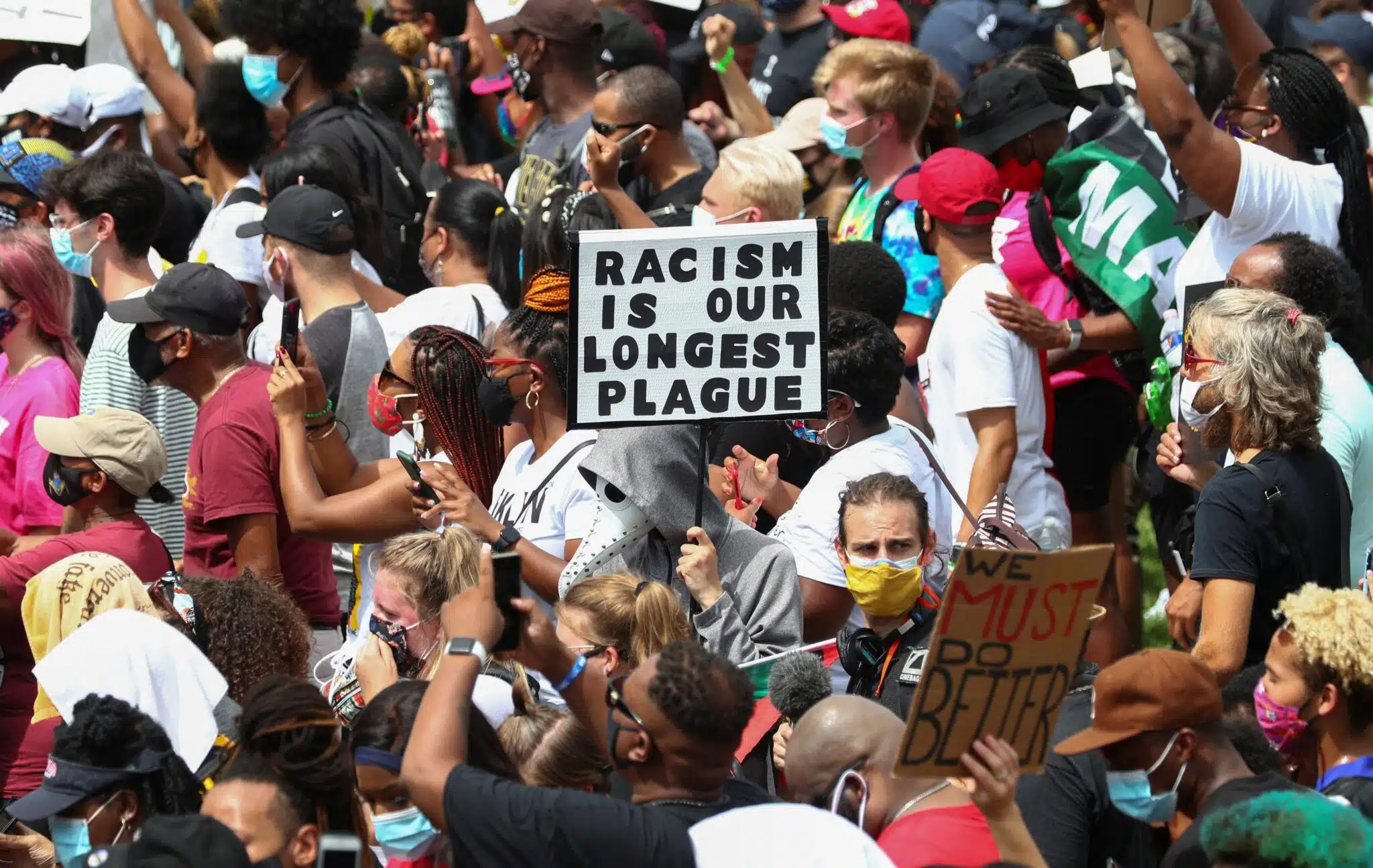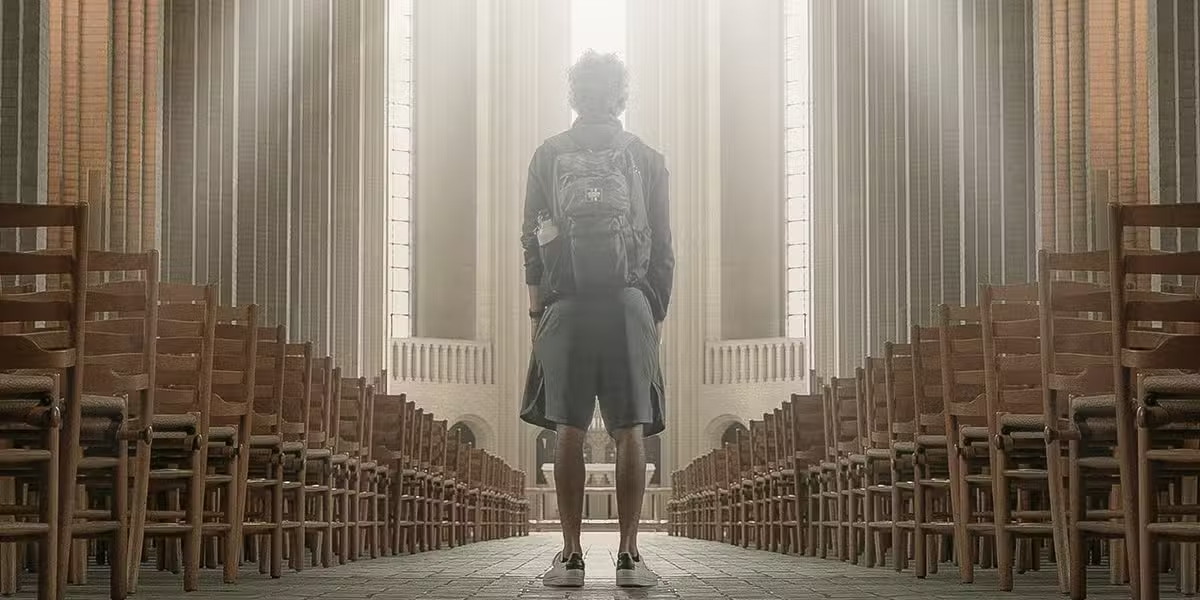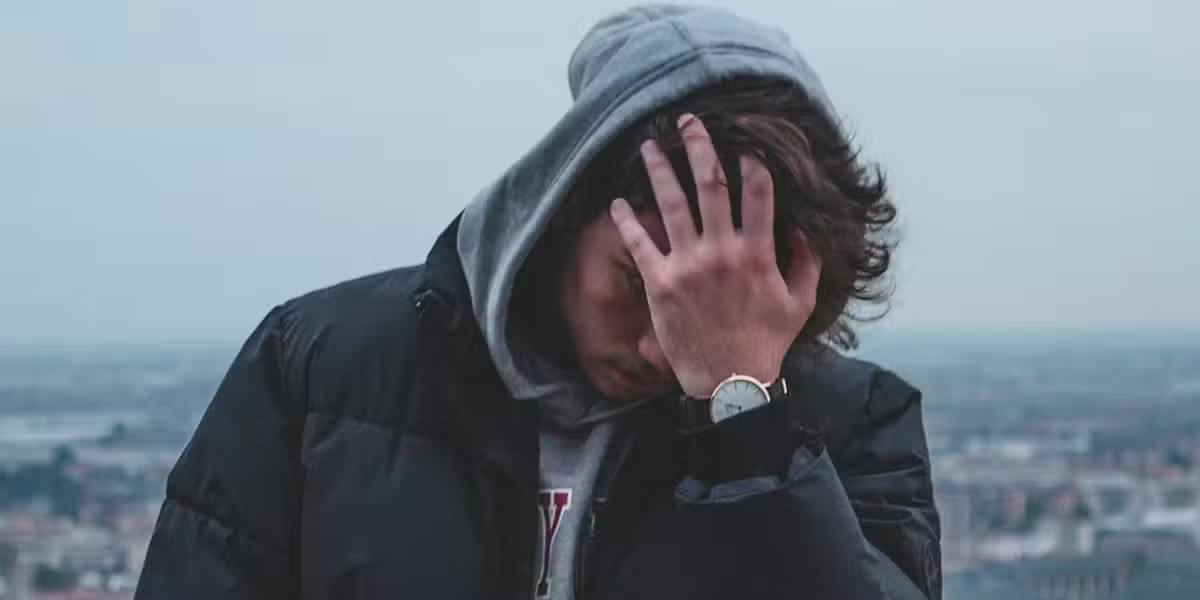WASHINGTON (OSV News) — When the U.S. Conference of Catholic Bishops issued its stark appraisal of the endurance of racism in U.S. society with the pastoral letter “Open Wide Our Hearts: The Enduring Call to Love” in November 2018, the national reckoning with race that would ignite in the wake of the May 2020 death of George Floyd at the hands of police officers was still almost two years away.
In the aftermath of that brutal incident, public attention turned to the many inequities that invade the lives of Black Americans and other minority ethnic groups in the U.S. that have suffered racial discrimination.
One of the most enduring of these is housing discrimination, according to a panel of experts at a Jan. 30 session of the 2023 Catholic Social Ministry Gathering in Washington.
“I really will always believe that it was a work of the Holy Spirit that this document came out two years before,” said Danielle Brown, associate director of the Ad Hoc Committee Against Racism in the USCCB’s Department of Justice, Peace and Human Development, “so people would have something to relate to in the wake of really discovering racial issues for the first time.”
Brown remarked that in the “Open Wide Our Hearts” pastoral letter, “the bishops of the United States said that the church has traditionally viewed housing not as a commodity, but as a basic human right.”
Perhaps making the bishops’ point that racism is still an issue, “Open Wide Our Hearts” was not greeted with universal acceptance, Brown said.
“We got calls and letters from people saying that it was almost radical,” she said.
The bishops state that when racism “leads individuals or groups to exclude, ridicule, mistreat or unjustly discriminate against persons on the basis of their race or ethnicity, it is sinful. Racist acts are sinful because they violate justice. They reveal a failure to acknowledge the human dignity of the persons offended, to recognize them as the neighbors Christ calls us to love (Mt 22:39).”
Brown said, “What the bishops are calling for is a conversion of heart that will compel change in the form of our institutions in society.” Echoing the bishops’ assertion, Brown also spoke of inspiring progress since the civil rights movement, but said, “We have not fully reached the standard of justice that is due to each person.”
“To me, one of the most overt problems in housing and wealth today is the vestiges of redlining,” said Jack Murphy, chair of systemic change and advocacy for the Society of St. Vincent de Paul.
Historically, redlining was just that: the imposition of red borders on the city maps produced internally by federal government homeownership programs. Black neighborhoods appeared in red. As an August 2021 New York Times article noted that “(redlining’s) ramifications were obvious to Black homeowners who could not get home loans that were backed by government insurance programs. Usage of the term redlining became more common during the civil rights movement, especially in the era leading up to the passage of the Fair Housing Act of 1968, which prohibited housing discrimination, and the Home Mortgage Disclosure Act of 1975, which required the release of lending data.”
Black families unable to obtain mortgages needed to purchase houses ended up living in apartments, losing out on the ability to build wealth via home ownership. Money that could have gone to build home equity for a family paying their mortgage instead went into rent payments to landlords.
“That’s in my view one of the major contributors to the racial wealth gap in the United States,” Murphy declared. “Is it over? We’d like to think it’s over. But it still goes on in our communities.”
In September 2022, the U.S. Department of the Treasury reported, “Using data from the Survey of Consumer Finances (SCF), researchers at the Federal Reserve Bank of St. Louis find that the median white family had $184,000 in wealth in 2019 compared to just $38,000 and $23,000 for the median Hispanic and Black families, respectively.”
“Our focus has been calling for investments and long-term solutions to affordable housing,” said Lucreda Cobbs, senior director of policy and legislative affairs for Catholic Charities USA. These solutions include preserving existing affordable housing; expansion of rental assistance; and addressing social injustices in rental and home sale markets.
“Where a person lives often plays a role in access to opportunities such as wealth building, quality education, work opportunities, food and health care, clean water and air, and transportation,” Cobbs explained. It is necessary to keep these issues before elected officials, she said.
Addressing housing segregation must remain a high priority for the U.S. Department of Housing and Urban Development. Both the USCCB and Catholic Charities USA have issued comments and recommendations on published government housing policies.
“We have made some small, incremental steps along the way to changes,” Cobbs said. “However, more has to be done.”
By Kimberley Heatherington | OSV News








2 thoughts on “Racism leaves mark on U.S. housing, wealth creation, say panelists”
We have too many articles accusing everyone of being racist. Perhaps the authors should examine their conscience and figure out why they are so preoccupied with racism. Are they inadvertently fostering racism? Why not highlight the good in the world and thus promote more of it.
This country has a race problem. Not talking about it is not the answer. I choose to look at it and not cover my eyes and ears.